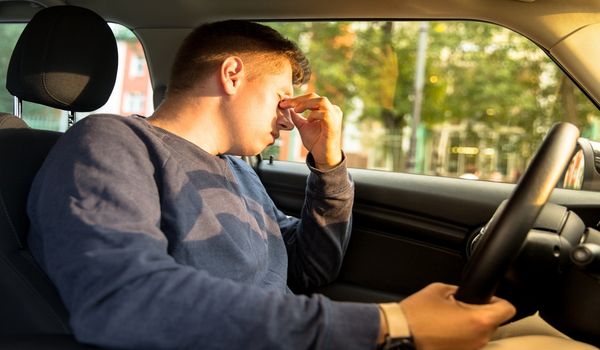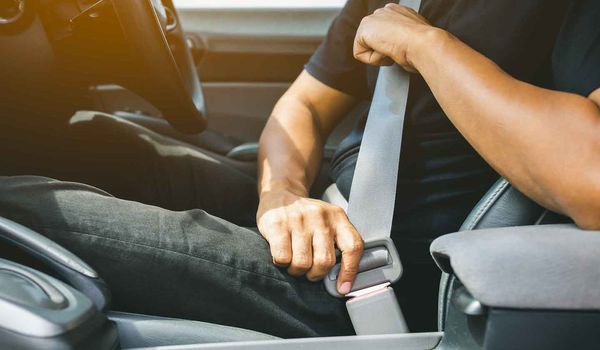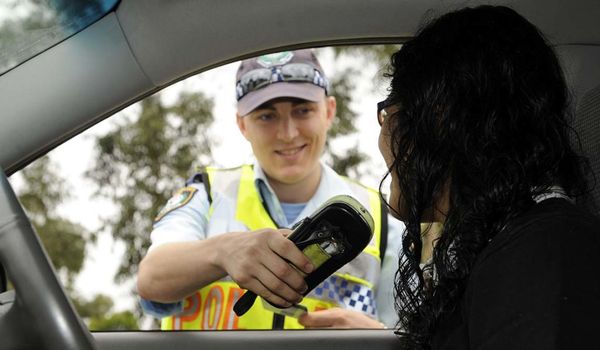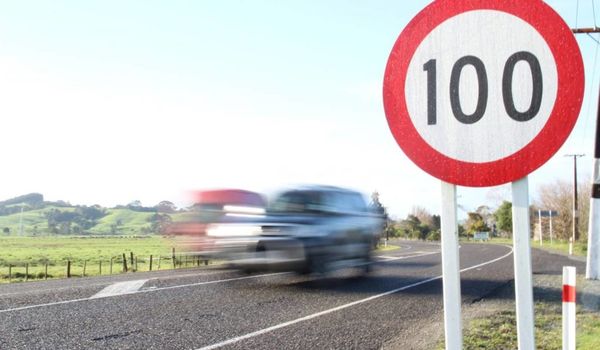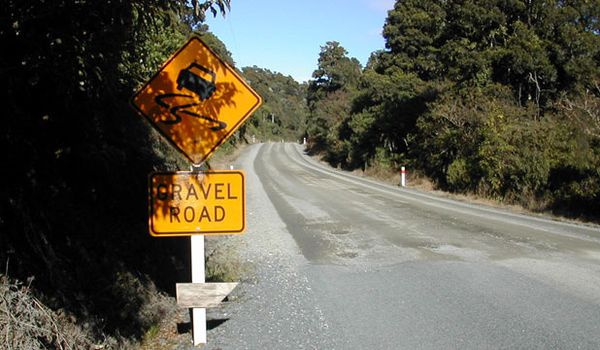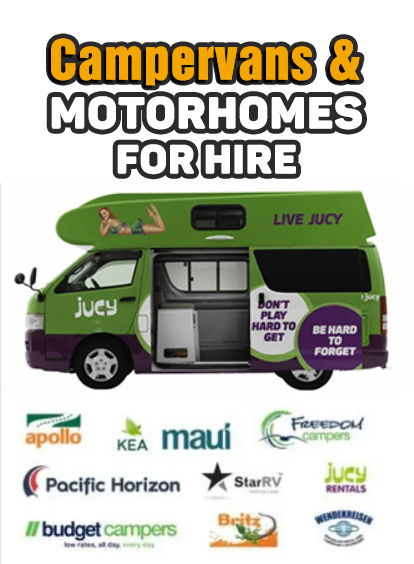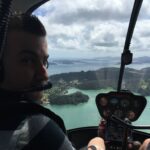✅ Last Update: Apr 22, 2024 @ 11:05 am
🚙 Introduction to Driving Safe Tips
Navigating the roads on the left-hand side can be a novel and, at times, a daunting experience for many visitors.
Factor in unfamiliar roadways and distinct driving styles from what you’re accustomed to, and it’s understandable why driving in New Zealand might pose a challenge.
To ensure a safer and more comfortable journey, consider these tips that can prove invaluable while navigating the roads in this picturesque country.
1. Don’t Drive Tired
Research has shown that when you drive tired, you can be at a similar risk of accident as a drunk driver.
If you know you have a big drive the next day, consider the amount of sleep you are getting in the nights before your trip and your diet.
Eating foods that will spike your blood sugar levels will lead to a drop soon after those levels, making you feel drowsy and lacking in concentration.
2. Reduce Distractions
In New Zealand, it is illegal to use your mobile phone while driving (unless you are using a hands-free kit).
Turn it off or keep it out of reach to reduce the temptation to check your text messages or answer any phone calls.
Other driving distractions include changing radio stations or CDs.
Take the time before a trip to set up your stations or have your CD ready to play.
Pull over when eating or drinking. There is nothing like spilling a hot pie or drink in your lap while driving to create hazardous conditions.
3. Wear Your Seatbelt
By law in New Zealand, everyone traveling in a car’s front and back seats must wear a seatbelt. This means, as the driver, you are responsible for ensuring this happens.
4. Mind Your Following Distance
It is essential to ensure a safe distance between you and the car in front of you. This means if they stop suddenly, you will have enough time to react and stop safely.
The two-second rule is an excellent way to ensure your distance is safe. Choose a landmark that the car ahead of you will be traveling past, such as a sign or a power pole.
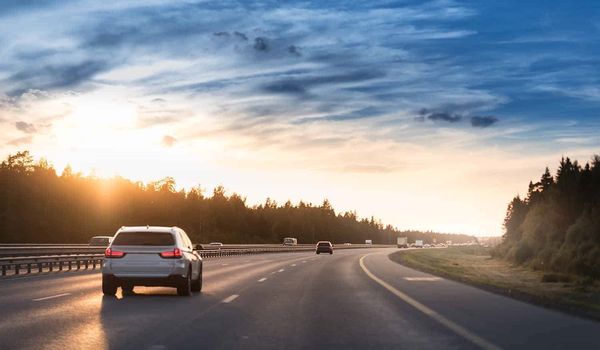
5. Alcohol & Drugs
For your peace of mind and the safety of everyone on the road, we strongly advise against operating a motor vehicle if you have consumed alcohol.
Understanding the legal limits in New Zealand as of March 2024 is crucial:
- For drivers under the age of 20, the limit is ZERO.
- For drivers over 20, the limit is 250 mcg of breath or 50 mg of blood.
Determining a specific “number of drinks” for drivers over 20 is not straightforward, as it hinges on factors such as the alcohol content of the drink, your food intake, and your body mass.
Routine breath testing occurs throughout New Zealand, and severe penalties, including potential license suspension, can be imposed if you drive over the legal limit.
Additionally, New Zealand law explicitly prohibits driving under the influence of any substance that may impair your ability to drive safely.
Prioritize safety, adhere to legal limits, and create a secure driving environment for all road users.
6. Know Your Car
Take the time before you drive a vehicle you are unfamiliar with to get familiar with features such as the indicators and lights.
Where are the hazard lights, the horn? How do you work the heating and cooling? How is the volume on the radio adjusted?
7. Anticipate Dangers On a Country Road
New Zealand has many country roads with more hazards than our main highways.
These can include animals such as sheep that may have broken through fences.
Often, the roads will be narrower with a lack of pull-over area if you need to stop. You will also likely come across farm machinery like quad bikes and tractors traveling at slow speeds.
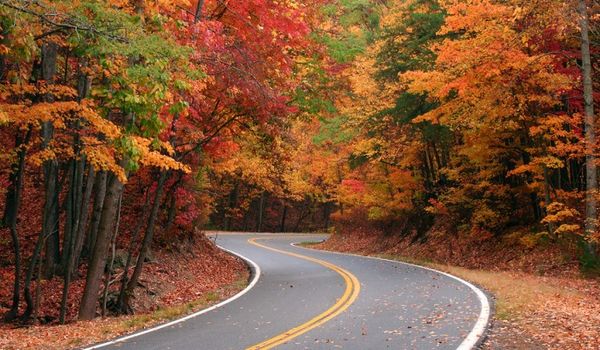
8. Drive to The Conditions
New Zealand weather can be highly changeable, and you could find yourself traveling over ranges or hills and experiencing high winds, hard rain, fog, or snowfall.
You must adjust your speed to suit the conditions you are driving in.
You will sometimes see road signs in New Zealand that say, “100km/hr is not a target”, meaning you should not drive at this speed if it is not comfortable or safe.
9. Anticipate What’s Coming
Before a trip, map reading and research will help you know what to expect. For example, there are one-lane bridges, tunnels, hills, gorges, or non-sealed roads on your journey ahead.
10. Passenger Distraction
Passengers can be distracting while you drive, so set some ground rules before a trip. Your front passenger should be supportive of you as a driver.
Changing music and giving directions are two ways they can help, along with helping you stay alert by ensuring you are taking regular breaks and, if appropriate, by sharing the driving duties.





